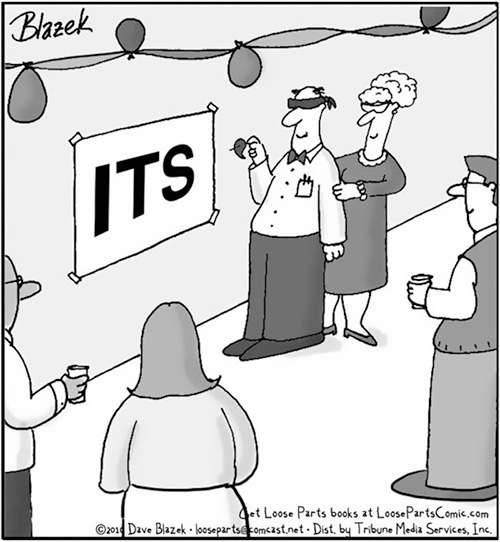|
To vs. Too vs. Two: Are You Using Them Correctly?
|
|
Are there any three identically pronounced words in the English language that can give people so much trouble? Even those who grew up with these words in school can confuse them. If you doubt this, simply visit your favorite social media site after reading this article. There's a chance you could see incorrect usage, particularly the interchanging of too and to.
Our goal is to help ensure you avoid such inaccuracies. Today we'll look at the differences and correct applications of these words.
The Meaning of the Word Two
We'll begin with the simplest of the trio. The word two, spelled with a w, refers to the number that comes between one and three. It can also be expressed numerically as 2.
Here is an example of two in a sentence:
I went to the store to buy two apples for my sister. |
Most native English speakers don't struggle with this word. However, some can still be tripped by the next distinction.
The Difference Between To and Too
Too means "also," "as well," or "in addition." It can also mean "excessively."
Examples
My cousin stayed and watched the movie with us, too. (in addition)
I planned on exercising, but I slept in too late. (excessively) |
The word to, with a single o, is a little more complex. It can be used with an infinitive verb, such as "to sleep" or "to eat." It can also be used as a preposition that means "toward."
Examples
We bought a new sofa so guests will have a place to sit. (infinitive)
I will go to the store after the game has ended. (preposition) |
As a guideline, you can simply remember that you want the longer word, too, when looking to express an addition or an excess of something.
|
View and comment on this
article on our website.
|
|
|

|
Pop Quiz
Based on what you have learned in this article, fill in the blanks below with the correct usage of to, too, or two:
1. Jamie has always been _____ talkative for his own good.
2. I am planning a trip _____ California in the summer.
3. It is always pleasant _____ nap on a rainy afternoon.
4. Potatoes are good with chicken, and carrots are, ____.
5. Could you bring me _____ aspirin pills from the cabinet?
|
 |
The Blue Book of Grammar and Punctuation
by Lester Kaufman and Jane Straus |
The Authority on English Grammar! Twelfth Edition Now Available
An indispensable tool for busy professionals, teachers, students, homeschool families, editors, writers, and proofreaders.
Available in print AND as an e-Book! Over 2,000 copies are purchased every month!
To order the book, simply click the link to order the book from the GrammarBook.com website.
|
Free BONUS Quiz for You!
[[firstname]], because you are a subscriber to the newsletter, you get access to one of the Subscribers-Only Quizzes. Click here to take an Adjectives and Adverbs Quiz and get your scores and explanations instantly!
We will be adding many more quizzes this year to our already substantial list of them. If you have suggestions for topics we have not yet covered, please send us a message at help@grammarbook.com.
|
Hundreds of Additional Quizzes
at Your Fingertips
Subscribe now to receive hundreds of additional English usage quizzes not found anywhere else!
Teachers and Employers
Save hours of valuable time! You may assign quizzes to your students and employees and have their scores tallied, organized, and reported to you! Let GrammarBook.com take the hassle out of teaching English!
"Fun to test my skills."
"The explanations really help ... thanks!"
"I can select the quizzes to assign to my students, and then the results are reported to me automatically!"
If you think you have found an error in a quiz, please email us at help@grammarbook.com
|
Wordplay

Pop Quiz Answers
1. Jamie has always been too talkative for his own good.
2. I am planning a trip to California in the summer.
3. It is always pleasant to nap on a rainy afternoon.
4. Potatoes are good with chicken, and carrots are, too.
5. Could you bring me two aspirin pills from the cabinet?
|
 |
English in a Snap:
68 One-Minute English Usage Videos FREE |
Learn all about who and whom, affect and effect, subjects and verbs, adjectives and adverbs, commas, semicolons, quotation marks, and much more by just sitting back and enjoying these easy-to-follow lessons. Share them with your colleagues (and boss), children, teachers, and friends as well! Click here to watch.
|
|





